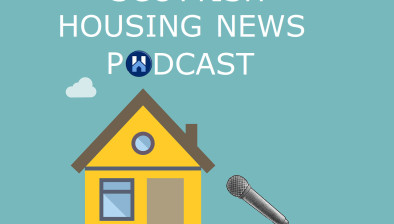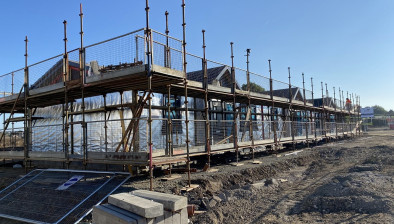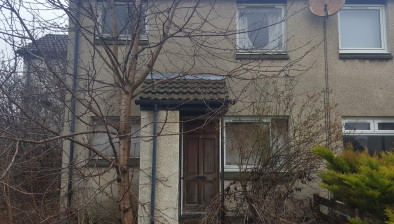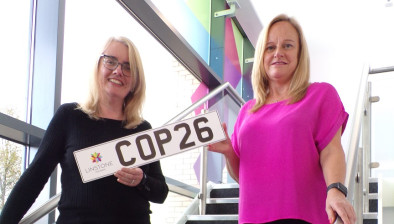Borders Housing Network: Working in partnership to help combat fuel poverty
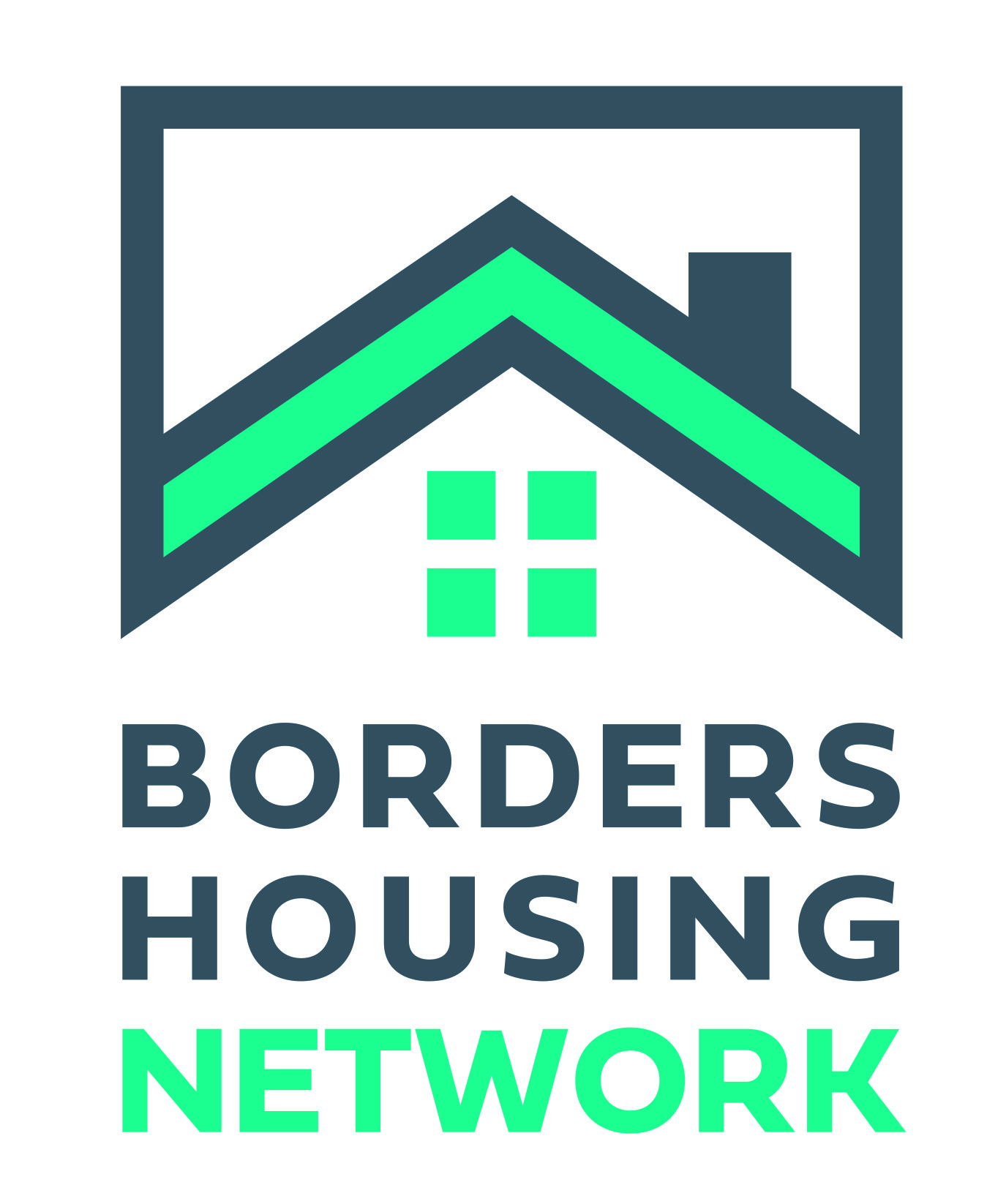
The penultimate feature in our COP26SCN showcase sees the Borders Housing Network outline how the four Borders RSLs have come together with a new approach to tackle the issue of fuel poverty.
A total of £450,000 in Scottish Government funding was awarded to the four Borders RSLs consisting of Eildon Housing Association, Berwickshire Housing Association, Waverley Housing and Scottish Borders Housing Association.
The funding comes via the Fuel Poverty Fund and it will address fuel poverty by clearing or making significant payments towards tenants’ fuel debt.
This is the first joint project to tackle fuel poverty undertaken by members of the Borders Housing Network. Advice and guidance from SFHA was key in securing these funds.
The award was received in March 2021, and the Tenancy Sustainment Teams from the RSLs worked collaboratively as a short-life working group to distribute this. The RSLs agreed to engage the Fuel Bank Foundation to help distribute £250,000 as emergency top-up vouchers for pre-payment meters to Tenants in hardship throughout 2021-22. This was a brand-new working relationship with a novel approach and allowed the working group to offer something tangible to tenants in dire need.
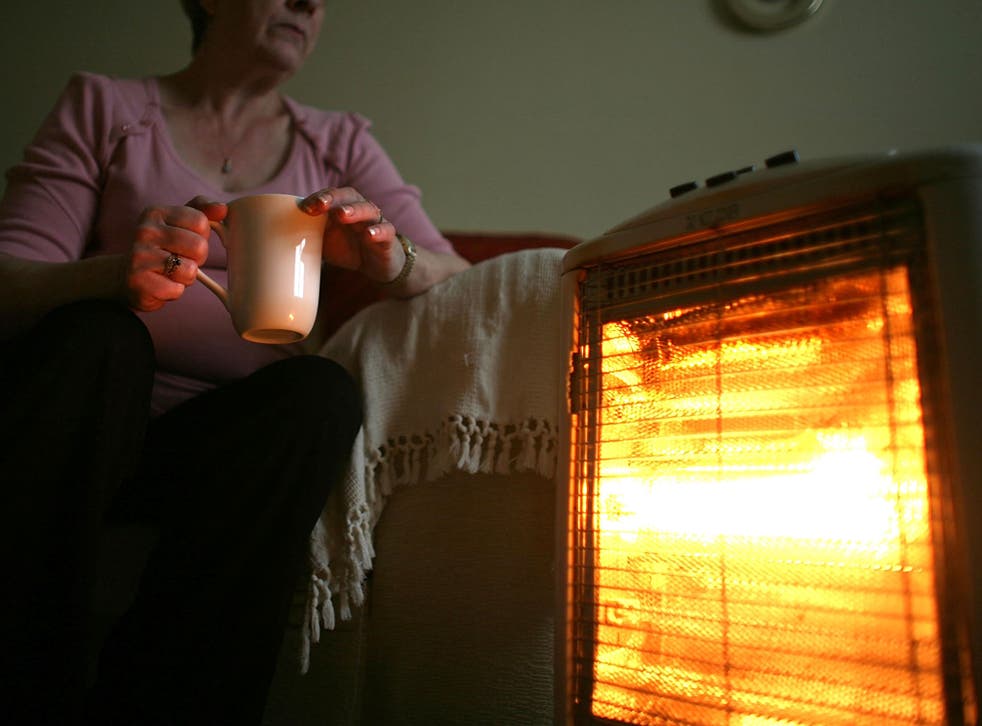
Through combined customer insight the working group identified tenants who were in fuel poverty and used the remaining £200,000 to make payments directly to energy suppliers on behalf of these tenants.
To date, the Fuel Poverty Fund has helped 206 households reduce their fuel debt by a total of £136,048.15. This has involved working closely together as a group to ensure all tenants received the support needed and has also included working with other organisations such as Changeworks, Scottish Welfare Fund Team at Scottish Borders Council, local CAB offices and Community Assistance Hubs. The sharing of specialist knowledge and joint learning between partners has significantly increased the collective understanding of fuel poverty and the circumstances that can lead to it, particularly in rural areas.
Aside from alleviating debt, the fuel poverty funding has strengthened the community anchor role played by all the RSLs within their local communities and helped them to tailor services to tackle exclusion. Feedback received from Tenants demonstrates the impact that this level of support has had. Someone who had £1000 of their £1778.60 fuel bill paid off wrote: “Thank you so much! This has been a huge weight lifted off my shoulders. I am so happy, and this has reduced my stress levels significantly. This is my first tenancy…”
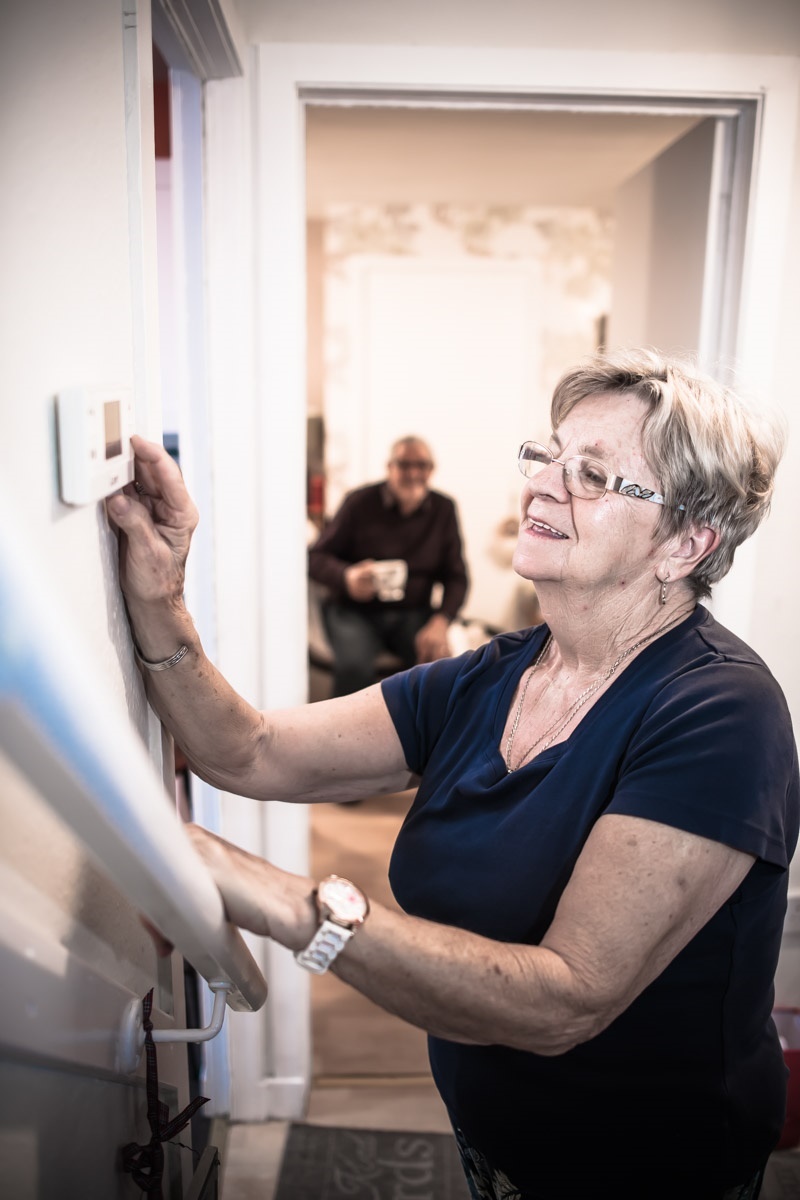
Others reported significant reductions in anxiety and depression, relief from debt and ability to pay for housing because of this support. For some, engagement around fuel poverty led to further support being provided, such as benefit checks and fuel efficiency reviews by their landlord.
Going into the Autumn, the RSLs will work together to highlight availability of fuel vouchers, energy supplier warm home discounts and other energy-related information. This will support joint efforts in the prevention of fuel poverty and maximising other funding and support, especially during the winter months and alongside rising wholesale energy costs.
Partnership working to address fuel poverty has brought great benefits to tenants, and a full evaluation of the social value and other associated benefits will be carried out collectively by BHN. The RSLs remain committed to continue their collaborative approach, helping to address fuel poverty in the Scottish Borders and sharing their experience of preventative measures with others across Scotland.
Run in conjunction with our sister publication Scottish Housing News, the #COP26SCN feature showcases the efforts of Scotland’s dynamic affordable housing sector to tackle the climate crisis. The first two episodes of The Scottish Housing News Podcast are also part of the feature.

















